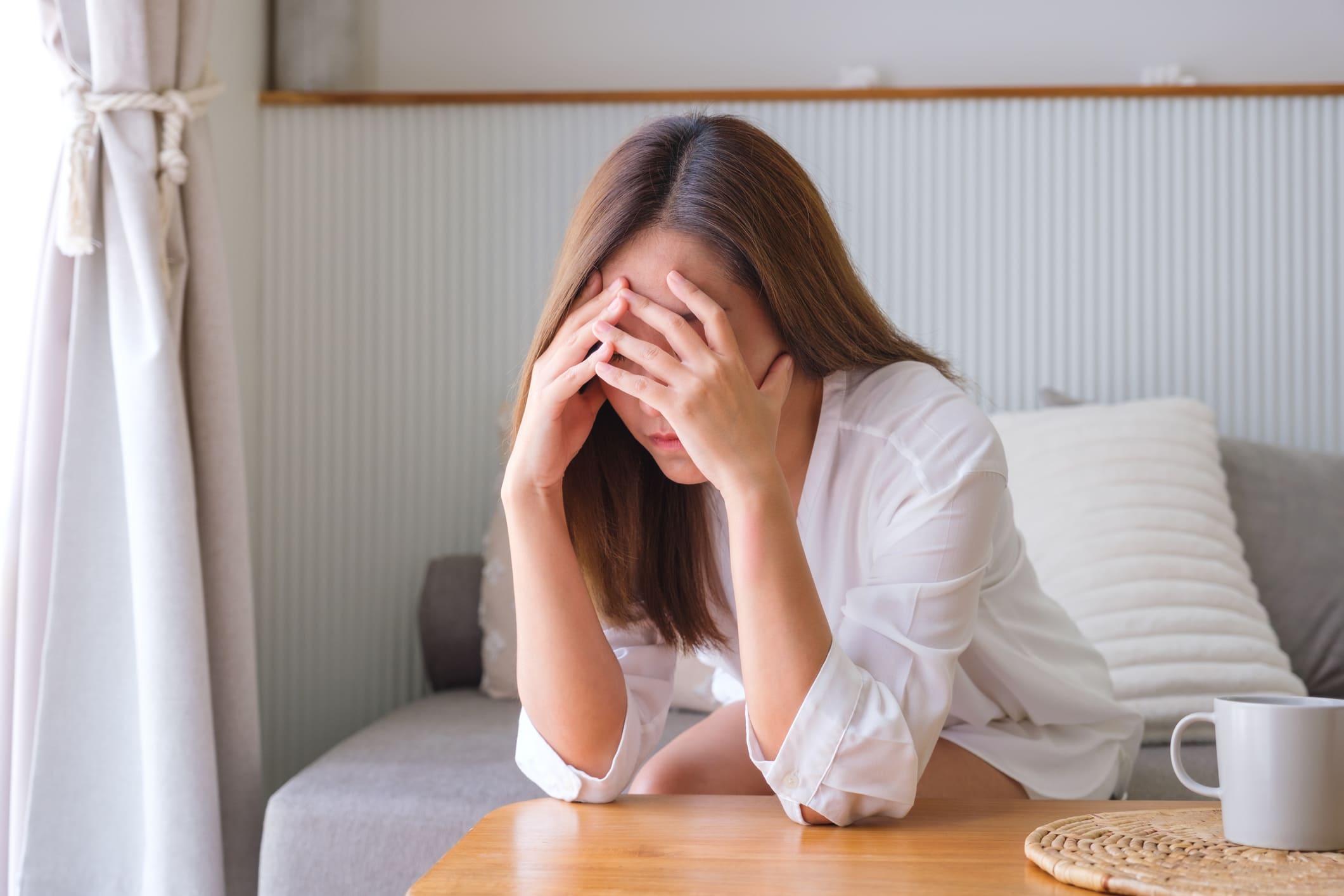Women's Health
Women's Health: Top Tips for Managing Stress and Anxiety

In the realm of women’s health, stress and anxiety are topics that require immediate attention. These conditions, whilst often overlooked or deemed insignificant, have far-reaching effects on a woman’s overall well-being. This article aims to shed light on the importance of managing stress and anxiety and equip readers with practical tips.
Understanding Stress and Anxiety
Stress is the body’s natural response to any demand or threat, whilst anxiety is a stress reaction. Stress tends to be short-term, related to an immediate threat, and subsides once the situation is resolved.
Anxiety, on the other hand, continues for a longer period and can occur without any identifiable trigger. Stress can trigger anxiety, and prolonged stress can lead to an anxiety disorder.
In the context of women’s health, stress and anxiety are prevalent issues. According to the Anxiety & Depression Association of America, women are nearly twice as likely as men to experience anxiety disorders. Such statistics underscore the urgency to address stress and anxiety within the sphere of women’s health.
Causes and Impact of Stress and Anxiety in Women
The causes of stress and anxiety among women are multifold and can include:
- Work-Related Stress: This can result from long working hours, job insecurity, workplace harassment or discrimination.
- Life Events: Major life events like marriage, pregnancy, childbirth, or menopause can trigger stress and anxiety.
- Financial Stress: Economic instability or personal financial worries can contribute to stress.
- Family and Caregiving Responsibilities: Balancing responsibilities at home and work often leads to stress.
Prolonged stress and anxiety can significantly impact a woman’s health. They can lead to physical health issues like heart disease, digestive problems, and changes in menstrual cycles. It can also result in mental health issues such as depression and anxiety disorders.
Recognising Signs and Symptoms of Stress and Anxiety
Recognising the signs of stress and anxiety is the first step towards effective management. Here are some common signs:
- Physical Symptoms: These can be in the form of frequent headaches, chest pain, fatigue, and changes in sex drive.
- Emotional Symptoms: Notice restlessness, lack of motivation or focus, feeling overwhelmed, and having a sense of impending doom.
- Behavioural Symptoms: It can present as changes in appetite, procrastinating or neglecting responsibilities, and using alcohol or drugs to relax.
These symptoms can manifest mentally, emotionally, and physically, underlining the comprehensive impact of stress and anxiety on a person’s health.
Strategies for Managing Stress and Anxiety
Managing stress and anxiety requires a multifaceted approach. Here are some evidence-based strategies:
Relaxation Techniques

Relaxation techniques have been shown to reduce symptoms of stress and anxiety. These practices promote a state of calmness and tranquillity, helping to counteract the body’s stress response. Examples of relaxation techniques include:
- Meditation: This mindfulness practice promotes mental clarity and emotional stability. Regular meditation can help manage stress by allowing the individual to focus their attention away from what’s causing anxiety and stress.
- Deep Breathing: This involves slow, deep, and purposeful breaths which can help to slow the heart rate and lower blood pressure. The mind is drawn away from stressors and anxiety-inducing thoughts by focusing on breath control.
- Yoga: This holistic mind-body practice combines physical postures, breathing exercises, and meditation. It has been associated with reducing stress hormone levels and blood pressure.
Physical Activity
Regular physical activity helps manage stress and anxiety. Exercise acts as a natural mood booster by increasing the production of endorphins – known as ‘feel-good’ neurotransmitters. The benefits of physical activity include:
- Improved Mood: Regular exercise can decrease feelings of anxiety and depression, improve sleep, and enhance overall mood.
- Stress Relief: Physical activity provides a healthy distraction from stressful or anxious thoughts. It can also help with relaxation and improve cognitive function.
- Increased Confidence: Meeting exercise goals or challenges, even small ones, can boost self-confidence and promote a sense of control over one’s life.
Healthy Eating
Certain foods can affect how our bodies respond to stress, and a healthy diet can improve the immune system, stabilise mood, and reduce blood pressure.
Here’s how a balanced diet helps:
- Fruits and Vegetables: They are high in vitamins and minerals, which can help reduce stress levels. Vitamin C, for example, has been shown to help lower levels of stress hormones.
- Lean Protein: Foods high in protein, such as chicken, fish, and tofu, can boost levels of the brain chemicals dopamine and norepinephrine, both of which can help you feel more alert and focused.
- Whole Grains: Foods high in fibre, like whole grains, can help regulate blood sugar levels and keep the body feeling more energetic, thus helping to manage stress.
In addition, ensuring ample sleep and relaxation is integral to managing stress and anxiety effectively.
Conclusion
Stress and anxiety are not simply psychological issues. They can substantially impact physical health, contributing to conditions like heart disease, digestive problems, and hormonal imbalances. Moreover, they can create a ripple effect on mental health, often leading to conditions such as depression and anxiety disorders.
The strategies form a holistic approach to combating stress and anxiety. Incorporating these evidence-based techniques into daily routines can pave the way for improved resilience and a greater sense of control over one’s mental wellbeing.
Take control of your overall health, schedule an appointment with our experienced team of women’s health specialists at SOG.
Read this next ...
WHO WE ARE
关于SOG
新加坡O&G有限公司(SOG)成立于2011年,我们的愿景是创立一个专业的医疗和外科团队,从而满足现代女性及其孩子和家人的医疗保健需求。我们的诊所遍布新加坡各地,女性和儿童能够方便地享受我们高质量和值得信赖的个性化医疗保健服务。
- 产科
- 妇科
- 妇科肿瘤
- 乳房和普通外科
- 皮肤科
- 儿科
Recommended Specialists



